Liquidity crisis in Gaza. Falta de liquidez monetaria en Gaza. ESP ENG
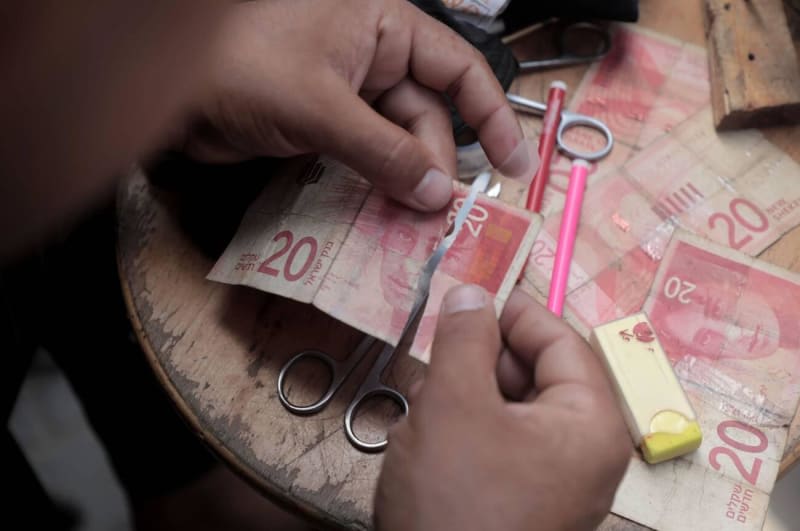
Israel’s financial blockade. Bloqueo financiero israelí, también.
Liquidity crisis: Israel’s financial blockade intensifies civilian suffering in Gaza
The worsening liquidity crisis in the Gaza Strip is deeply alarming. The crisis is a direct result of Israeli actions aimed at dismantling the necessities of life for the Strip’s civilian population, particularly the banking system, through deliberate destruction and a comprehensive blockade.
Israel’s imposition of coercive living conditions is meant to lead to the slow and systematic destruction of the Palestinian population. This constitutes an act of genocide, prohibited under international law, and is a flagrant violation of international humanitarian law and a direct breach of the fundamental rights of Palestinians, particularly the rights to life, human dignity, an adequate standard of living, food, health, housing, and work.
Since the beginning of its genocide in the Gaza Strip in October 2023, Israel has blocked banks and financial institutions from bringing in any cash. This has been accompanied by the targeted destruction of bank headquarters and ATMs, forcing most of them to shut down and triggering a deepening humanitarian and economic crisis that continues to escalate each day. The measures are clearly part of a systematic effort to eliminate any means of survival for Palestinians in the Gaza Strip.
"Despite outrageous costs and many obligations, my greatest concern is the extreme difficulty in securing cash to buy medicine for my 3-year-old son, Anas, who suffers from a severe neurological disorder called Dravet syndrome" Malek Hamed, a resident of Gaza City
The consequences of the severe cash shortage have become nearly unbearable, especially after more than 18 months of the ongoing genocide. With banking services—including simplewithdrawals and deposits—virtually non-existent, residents have been forced to turn to the black market, where high commissions further deplete their already scarce resources.
These conditions have intensified people’s financial, economic, and psychological hardship, particularly the suffering of themost vulnerable groups, such as low-income families. These families now make up the majority of the Gaza Strip’spopulation, due to the widespread loss and deliberate destruction of livelihoods under Israel’s systematic policy of starvation and impoverishment.
Employees, business owners, and families who rely on remittances from abroad can now only access cash through informal channels controlled by a small group of merchants and money changers. These actors monopolise cash flow and exploit public need, charging commissions of up to 35%. All of this is taking place in the complete absence of any oversight or accountability, due to Israel’s systematic undermining of public order and consequent dismantling of the Gaza Strip’s security and justice systems.
Liquidity crisis: Israel’s financial blockade intensifies civilian suffering in Gaza
The worsening liquidity crisis in the Gaza Strip is deeply alarming. The crisis is a direct result of Israeli actions aimed at dismantling the necessities of life for the Strip’s civilian population, particularly the banking system, through deliberate destruction and a comprehensive blockade.
Israel’s imposition of coercive living conditions is meant to lead to the slow and systematic destruction of the Palestinian population. This constitutes an act of genocide, prohibited under international law, and is a flagrant violation of international humanitarian law and a direct breach of the fundamental rights of Palestinians, particularly the rights to life, human dignity, an adequate standard of living, food, health, housing, and work.
Since the beginning of its genocide in the Gaza Strip in October 2023, Israel has blocked banks and financial institutions from bringing in any cash. This has been accompanied by the targeted destruction of bank headquarters and ATMs, forcing most of them to shut down and triggering a deepening humanitarian and economic crisis that continues to escalate each day. The measures are clearly part of a systematic effort to eliminate any means of survival for Palestinians in the Gaza Strip.
"Despite outrageous costs and many obligations, my greatest concern is the extreme difficulty in securing cash to buy medicine for my 3-year-old son, Anas, who suffers from a severe neurological disorder called Dravet syndrome" Malek Hamed, a resident of Gaza City
The consequences of the severe cash shortage have become nearly unbearable, especially after more than 18 months of the ongoing genocide. With banking services—including simplewithdrawals and deposits—virtually non-existent, residents have been forced to turn to the black market, where high commissions further deplete their already scarce resources.
These conditions have intensified people’s financial, economic, and psychological hardship, particularly the suffering of themost vulnerable groups, such as low-income families. These families now make up the majority of the Gaza Strip’spopulation, due to the widespread loss and deliberate destruction of livelihoods under Israel’s systematic policy of starvation and impoverishment.
Employees, business owners, and families who rely on remittances from abroad can now only access cash through informal channels controlled by a small group of merchants and money changers. These actors monopolise cash flow and exploit public need, charging commissions of up to 35%. All of this is taking place in the complete absence of any oversight or accountability, due to Israel’s systematic undermining of public order and consequent dismantling of the Gaza Strip’s security and justice systems.
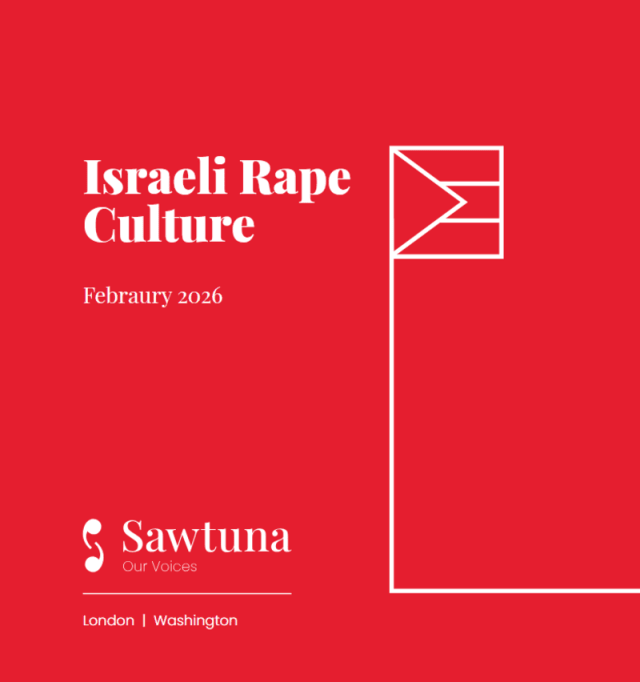
Israeli rape culture. Cultura israelí de la violación sexual. ENG ESP
Zionism is inherently imbued with rape culture. El sionismo como cultura de la violación
Publicado hoy.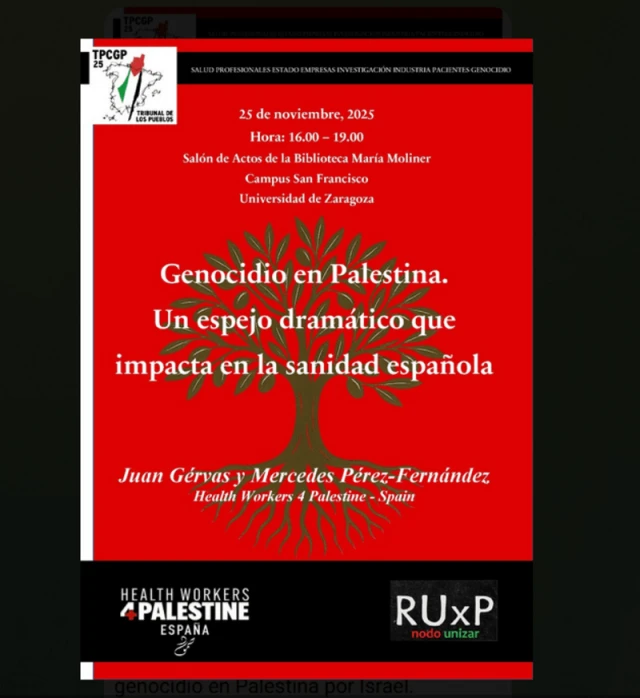
Vídeo. "Genocidio en Palestina. Un espejo dramático que impacta en la sanidad española" Vídeo 90 min
Encuentro en Zaragoza, preparación para el Tribunal de los Pueblos sobre la Complicidad con el Genocidio palestino en el Estado español TPCGP-25.
Publicado hace 2 días.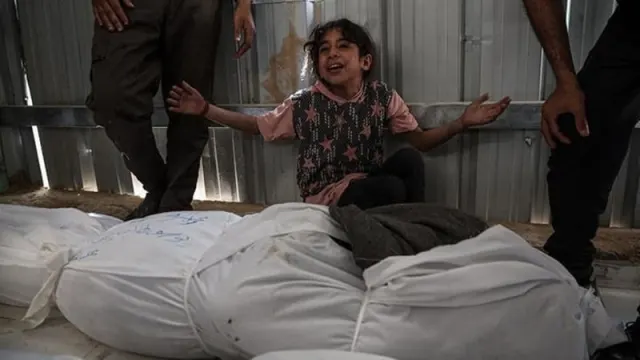
Gaza’s Orphan Crisis: 40,000. En Gaza, 40.000 huérfanos ENG ESP
40,000 children after losing one or both parents. 40.000 niños en Gaza sin uno o dos padres
Publicado hace 7 días.
Teva y el ejército de Israel (IDF). Teva and the Israel Defense Forces (IDF). ESP ENG
Teva apoya directamente el genocidio palestino. Teva directly supports the genocide against Palestinians.
Publicado hace 14 días.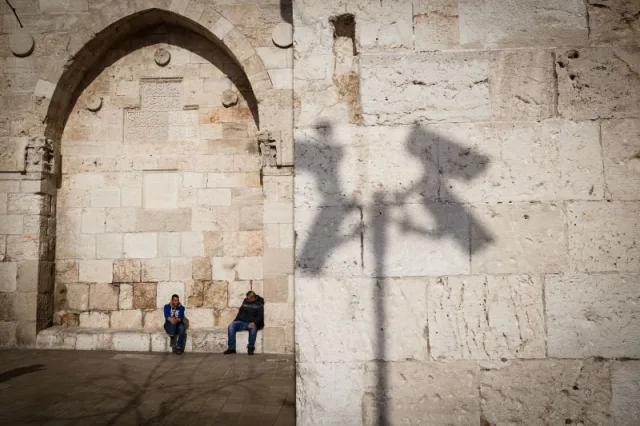
ICE operations (USA) versus Israel occupation of Gaza. EEUU, policía de inmigración versus Israel ocupación de Gaza. ENG ESP
“Imperial-colonial boomerang” in action. El «bumerán imperial-colonial» en acción
Publicado el 13 de febrero.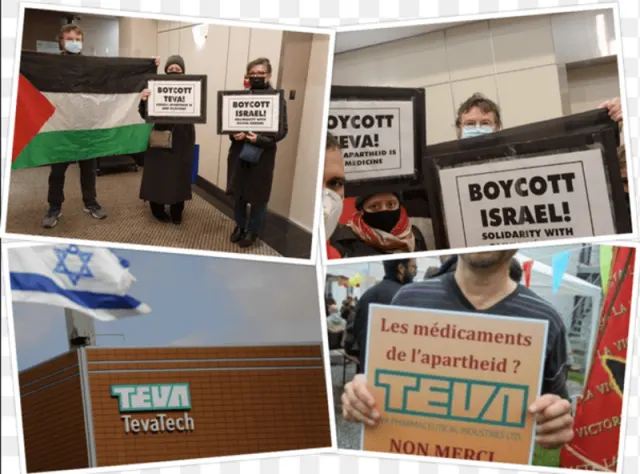
Teva, growing global backlash. Teva, boicot creciente ENG ESP
Teva: politics and business over compassion and ethics. Teva: política y negocio sobre compasión y ética
Publicado el 10 de febrero.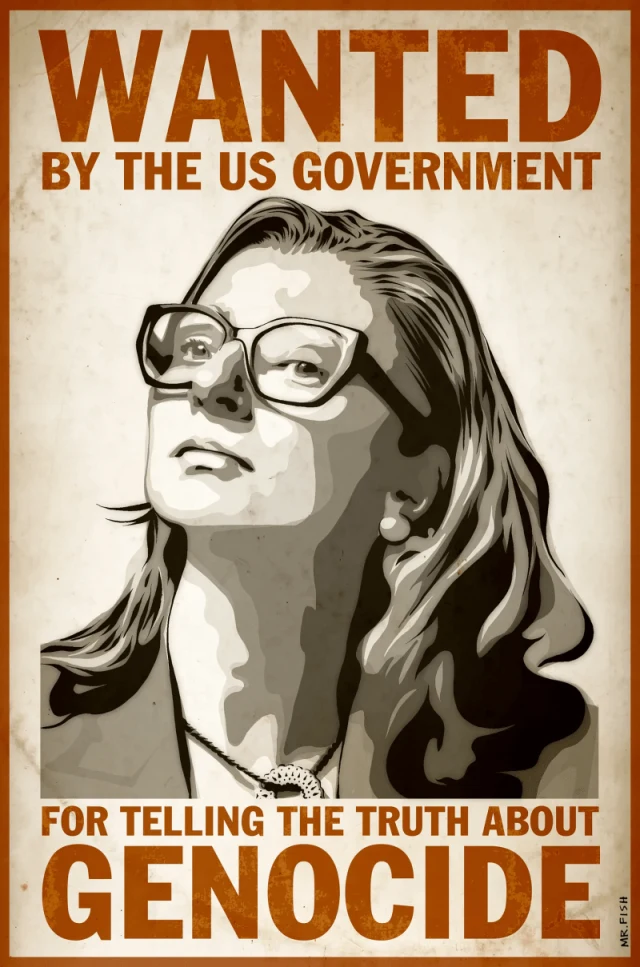
"Si Francesca Albanese es terrorista, yo también". "If Francesca Albanese is a terrorist, then so am I" ESP ENG
"Una relatora de derechos humanos de la ONU, tratadа como terrorista por documentar el genocidio en Gaza". "A UN human rights rapporteur, treated as a terrorist for documenting the genocide in Gaza"
Publicado el 9 de febrero.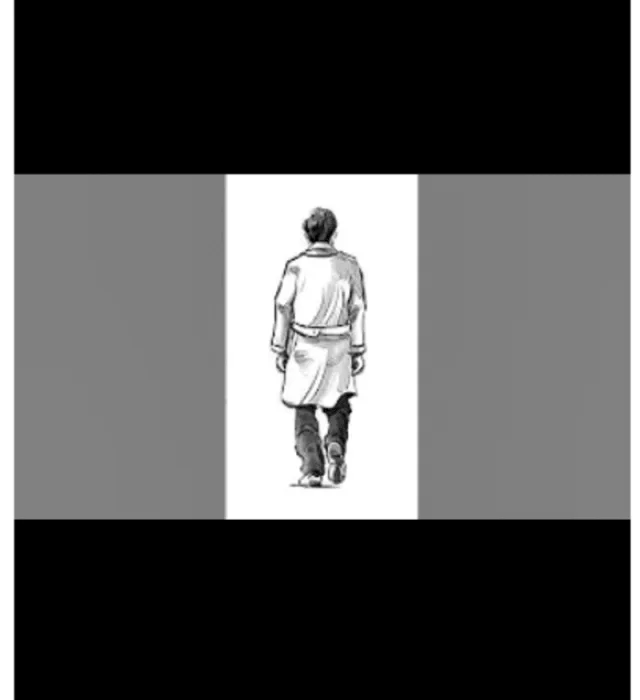
Vídeo, 60 sg. Dr. Hussam Abu Safiya. Lazos Rojos por la liberación de rehenes palestinos.
Campaña por la liberación de rehenes palestinos
Publicado el 7 de febrero.Ver más / See more


